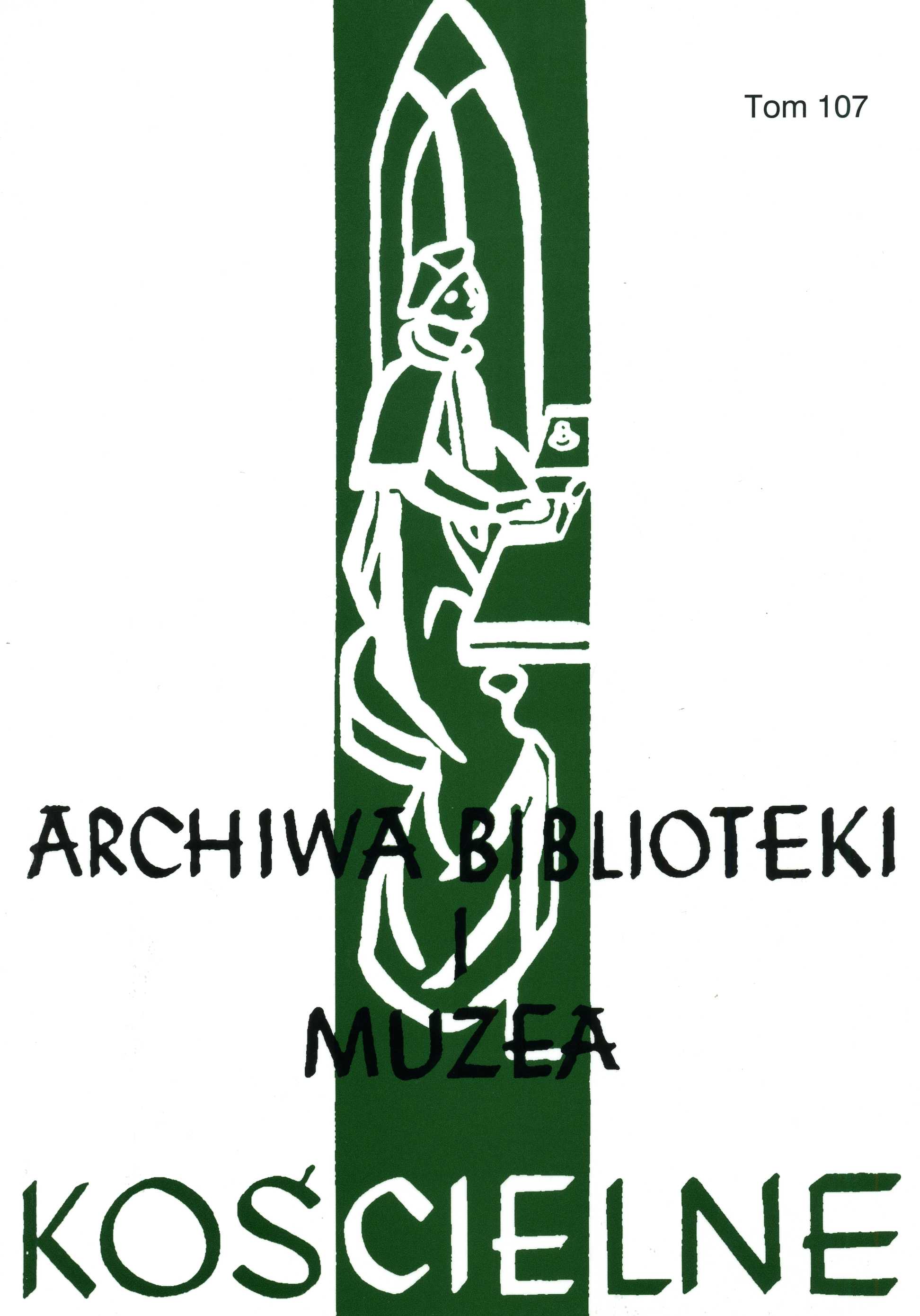Szersznik w Cieszynie i Kluk w Ciechanowcu, czyli o pierwszych muzeach księży, a nie książąt, na ziemiach polskich
Szersznik in Cieszyn and Kluk in Ciechanowiec; the First Museums Created by Priests, Not Dukes, in Polish Lands
Author(s): Marzena BogusSubject(s): Christian Theology and Religion, History
Published by: Katolicki Uniwersytet Lubelski Jana Pawła II - Wydział Teologii
Keywords: the Enlightenment; L. J. Szersznik; J. K. Kluk; a nature museum; public collections; scientific collections; clergymen; scholars; Cieszyn; Ciechanowiec
Summary/Abstract: The article aims to compare the museums which belonged to two clergymen: L. J. Szersznik of Cieszyn and J. K. Kluk of Ciechanowiec. Their collections were created on the basis of the Enlightenment ideas which they followed in their lives. Establishing these institutions, the founders were guided by similar aims and intentions as well as similar research interests. They strove to propagate knowledge, especially natural science, by collecting exhibits useful for the study based on observation. In spite of the limited financial resources for exhibits, their collections significantly contributed to satisfying intellectual curiosity. The study shows that the actions of individuals, even if they are in an unfavourable material situation, are important for the development of culture. The aforementioned clergymen and scholars created two institutions, the purpose of which was to promote education by means of observation. The museums which they created, though different in size, were expressions of their personal fascination and certain regional representatives of culture and science, which had to be propagated. The aim of these institutions was not only to collect exhibits but also to educate; both priests had similar intentions: raising people’s intellectual level by creating collections (books and exhibits). Szersznik emphasized the social mission more clearly, while Kluk, thanks to his scientific publications, broadened knowledge (especially in agriculture) of many people. They disseminated knowledge not only among educated people but also wanted to show the world to the wider public, including burghers or peasants. Szersznik sought to create an open museum, and Kluk provided in his writings what he had observed and explored.
Journal: Archiwa, Biblioteki i Muzea Kościelne
- Issue Year: 2017
- Issue No: 107
- Page Range: 63-88
- Page Count: 26
- Language: Polish

